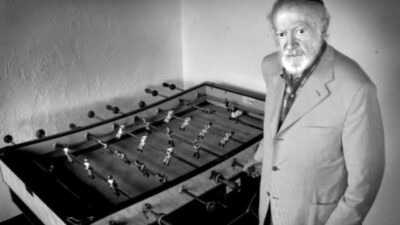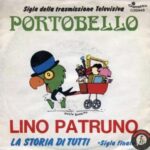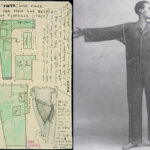September 24, 2024 Mode characters common stories
Unfortunately, nobody ever recognised his patent rights.
Foosball’s true story. Nobody ever recognised his patent rights

The true history of foosball is closely linked to the Spanish Civil War and a liberal-minded man who was the first to patent the game.
Alejandro Finisterre was born in 1919 in Fisterra (Galicia) until he moved to La Coruña at the age of five.
At the age of fifteen, he moved to Madrid to study and at the same time began to approach the anarchist world, which he finally embraced in 1936, with the outbreak of the Civil War.
Overwhelmed by the ruins of the building where he lived, he was taken to the hospital, where, along with the many wounded from the front, there were many children injured in the bombing.
Many of them had very serious injuries and were often mutilated in their legs.
Alejandro thought that they would never be able to do many things again, like play soccer.
That’s when he came up with an ingenious idea, inspired by table tennis: create a “table” soccer game that could be easily played even by those who had suffered severe mutilations.
But the story of the birth of foosball does not end there, and it continues as turbulent as the life of Alejandro Finisterre in those years.
In fact, as the end of the Civil War neared, he was forced to flee to France to escape Francoist persecution.
But France itself imprisoned many of the exiles who crossed the Pyrenees, and just as he was fleeing to France he lost his billiard patent.
Convicted and imprisoned in Morocco for four years, he was released and moved first to Ecuador and then to Guatemala, where he adapted to all kinds of jobs, from bricklayer to tap dancer.
But soon, even in Guatemala, he was arrested after the coup d’état of Carlos Castillo Armas in 1954.
Sentenced to return to Spain, he escaped on the flight back to Madrid by pretending to be armed (the story goes that he made a gun out of a bar of soap) and hijacked the plane, taking refuge first in Panama and then in Mexico.
There he learned of the great success that foosball was enjoying in Europe at that time ; but, unfortunately, no one ever recognized his rights to the patent, which had meanwhile been registered by other Spanish foosball manufacturers.
Finally, after Franco’s death in 1975, he returned to Spain, where he died in 2007.




